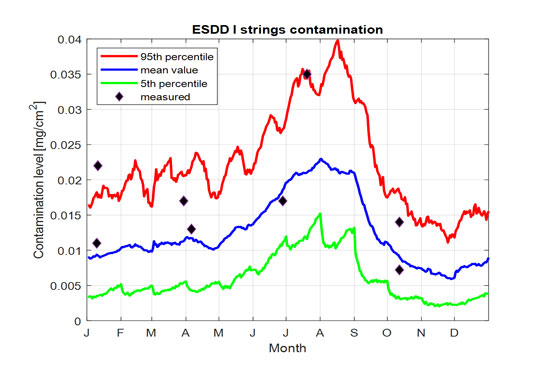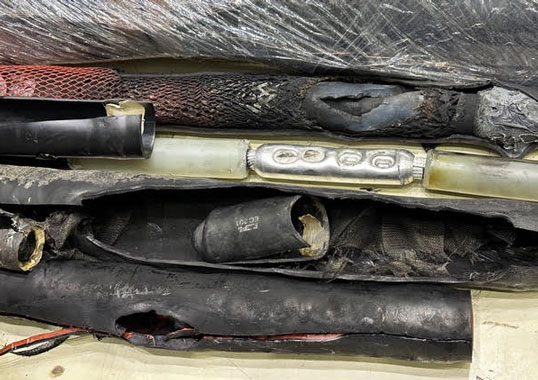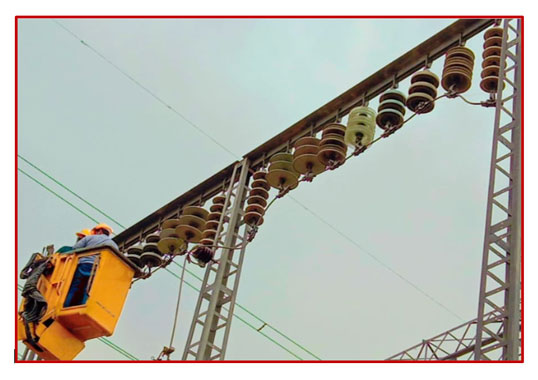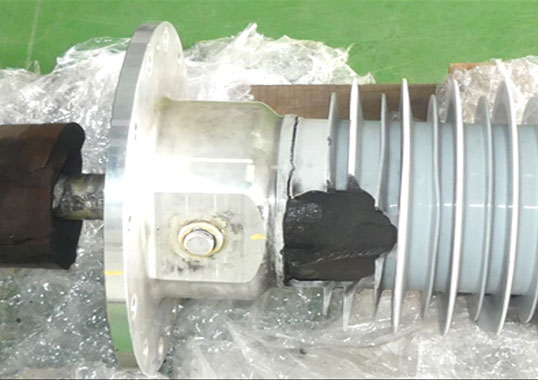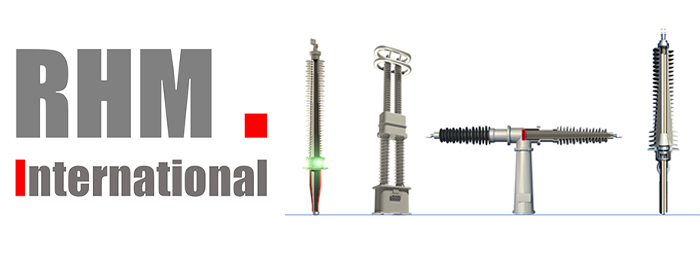Ice and snow accretion on power equipment such as conductors, ground wires and insulators are a concern to engineers in many regions The disruptive effects result mainly from excessive ice and snow accumulation, combined with wind forces as well as the subsequent jumping of cables and conductors following sudden ice shedding. Other potential sources of failure are dynamic phenomena such as galloping, often involving extensive dynamic forces. Electrical flashover along iced or snow-covered insulators is another problem affecting reliability of overhead lines and outdoor substations. Substantial collaborative R&D projects between academia and industry have advanced the knowledge in many areas of atmospheric icing and lead to improvements in overhead power network design, construction and operation. However, despite this progress, knowledge on this complex and unpredictable phenomenon is still lacking – all the more so when considering increasing extreme meteorological events from climate change. Continued growth in energy consumption and the need to upgrade existing networks, and construct more reliable transmission lines together call for innovative solutions to icing issues. This presentation will review impact of icing on conductors, ground wires and outdoor insulators as well as mitigation options to improve their reliability under such conditions.
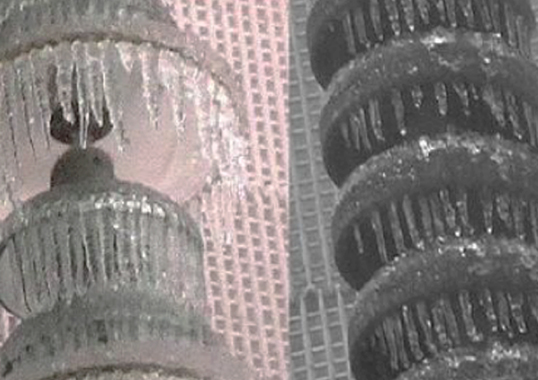
Impact and Mitigation of Icing on Insulator Flashover by Masoud Farzaneh

